June 18, 2019
Your Tolling Questions Answered
Open road tolling issues challenge the intermodal community in states that have implemented ungated, electronic systems. These include New Jersey, Illinois, Texas and Florida. The Tolling Working Group established by IANA to explore the issue in Illinois determined that the financial impact to motor carriers and IEPs is significant, as well as the operational impacts due to the need for additional administrative resources. These substantial costs needed to be addressed.
The Working Group met with the Illinois Tollway Authority to understand open road tolling in Illinois and the processes for applying tolls. The meetings shed light on the issue, removed some misconceptions, and ultimately provided take-aways that should benefit intermodal stakeholders in other states that have implemented these systems.
What is open road tolling and how does it work?
In contrast to traditional tolling with a gate, open road toll systems allow for the free flow of traffic by debiting an account electronically via a transponder. A vehicle travelling through the open road arches is immediately scanned for the device, sensors count the number of axles, and images are captured of the front and rear plates.
If the transponder is not readable or lacks funds on the account, the system will start to look for a front plate registration with the tollway. The rear plate of the vehicle only comes into play if the transponder fails (for either lack of funds or being undetected) AND one of the following two conditions: 1) The front plate is not visible or 2) the front plate is visible yet not registered with the tollway or the account lacks funds.
Once the rear plate becomes the information source, tolling becomes a potential IEP issue.
How did this tolling issue come about in Illinois?
Prior to 2016 most IEPs were not receiving any correspondence from the Tollway for bills or penalties. Then a system glitch in late 2016 resulted in the inadvertent release of a large number of bills and fines to IEPs and motor carriers, many of which were out of date and not accurately assessed. This caused a large and sudden administrative and financial burden on motor carriers and IEPs.
Why are IEPs getting bills associated with the rear plate?
The IEPs reacted to the release of bills and fines by contracting with ATS Fleet Services to support them in administering the process with the Tollway. In essence, ATS registers all the IEP’s chassis with the Tollway, pays the bills to the Tollway, and then bills the appropriate IEP to settle the payment. The IEPs, in turn, bill the truckers for tolls that occurred when they had the chassis in their possession. For each transaction, the IEP is assessed an administrative fee from ATS.
How can the use of rear plates for tolling transactions be avoided?
For motor carriers:
- Confirm that trucks have a working transponder with a positive funds balance.
- Make sure tractor plates are registered with Tolling Authority and maintain a positive funds balance.
- Ensure that the front tractor plate is visible.
For IEPs:
- Set up an account with the appropriate Tolling Authority and register all equipment plates.
- Run reports from the appropriate Tolling Authority to properly identify and bill b motor carriers.
Truckers and IEPs can benefit from self-registering with the Tollway in terms of quicker notifications of tolls and the elimination of unnecessary administrative fees and expenditure of other resources. If you are an IEP or motor carrier and you operate in one of the other states that have open road tolling we suggest you investigate their processes for administering the toll to mitigate this occurrence from happening to you in other states.
How do I register my plates with the Illinois Tollway?
Fleet services can be found at https://www.illinoistollway.com/tolling-information/about-ipass. Just scroll down to the “Commercial Drivers/Fleets” section. Illinois also has a dedicated customer service line for fleets: 855-826-6410.
Add new comment
2025 PARTNERS
A special thank you to our premium level partners for your continued support.



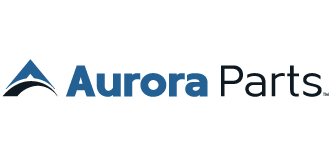
.png)
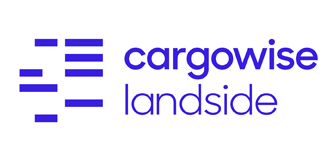
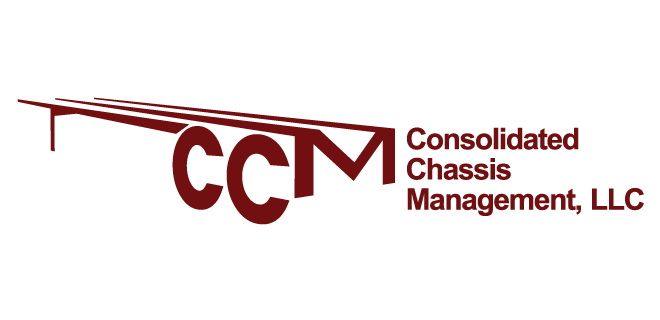
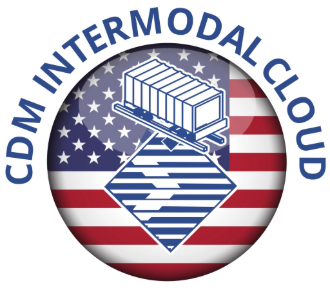
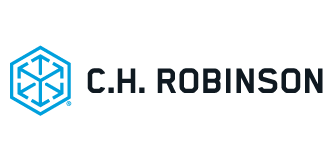

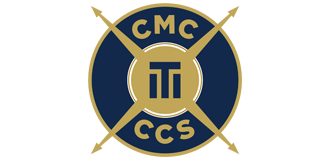

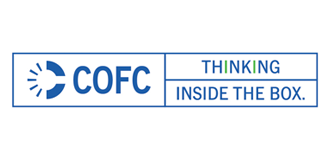

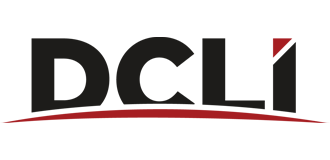
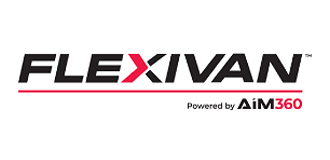




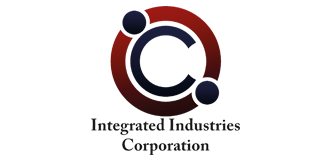
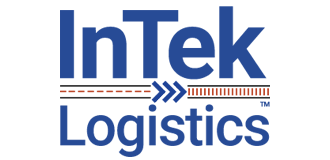



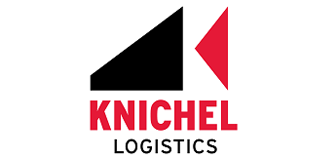
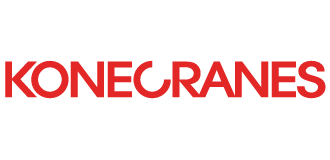
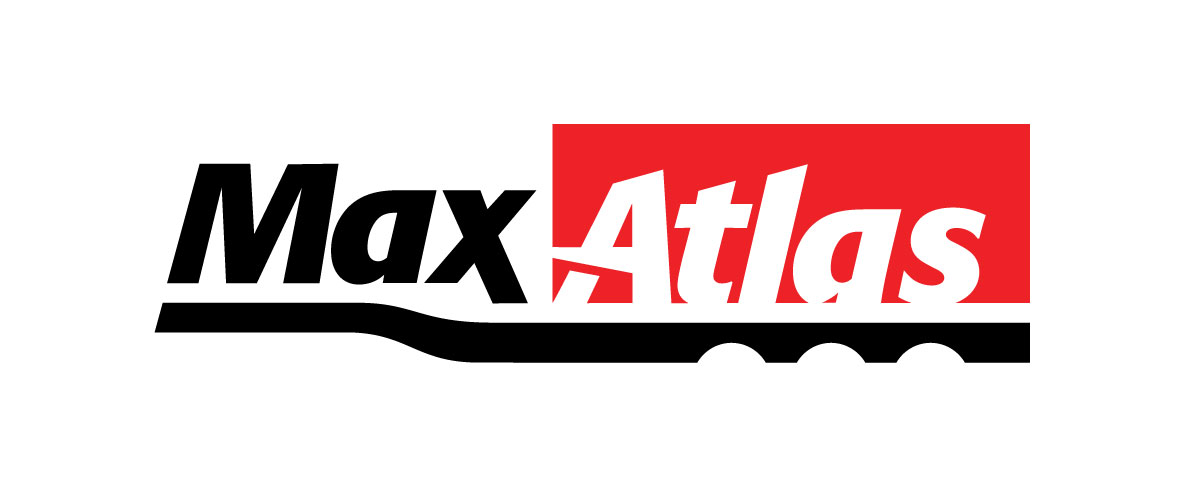
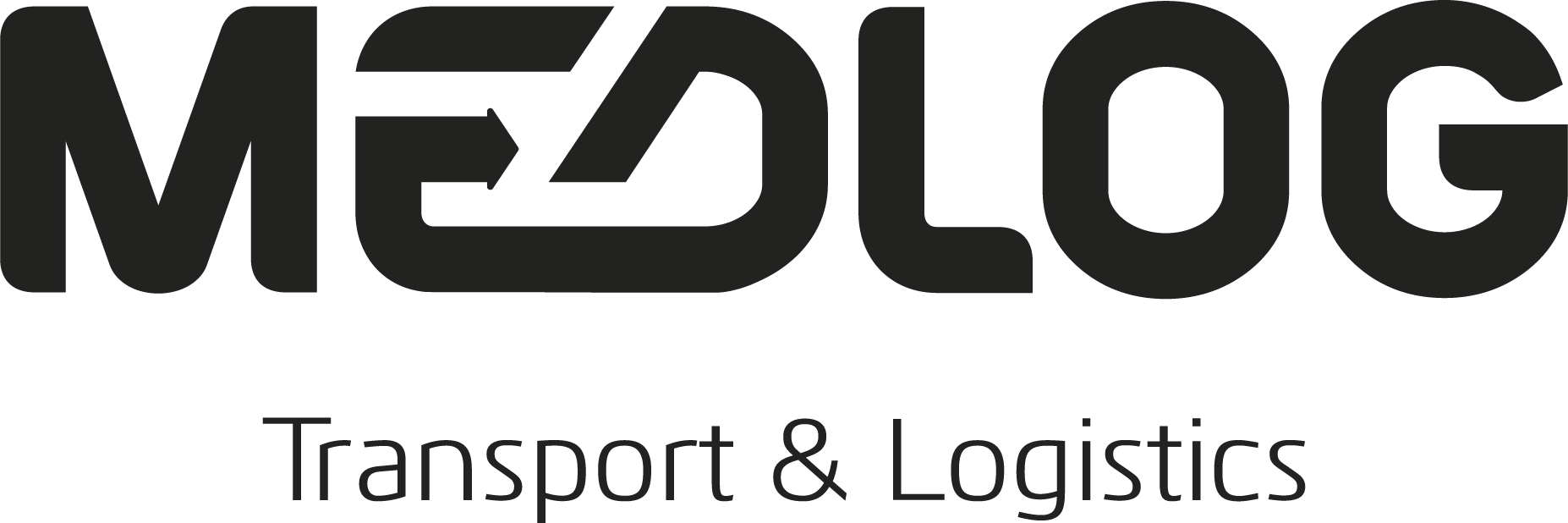
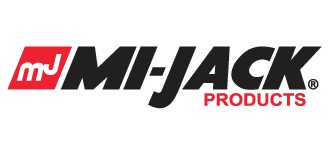
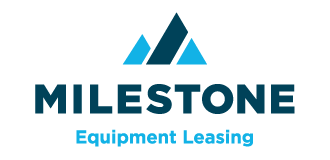
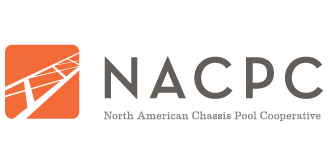
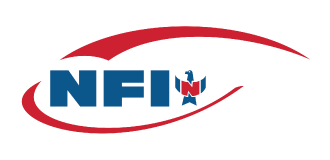
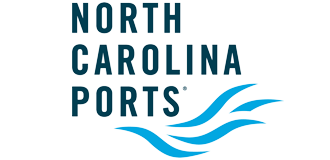

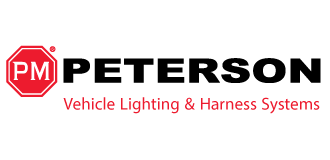

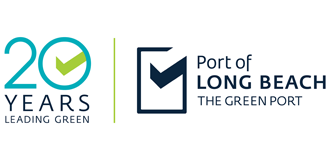

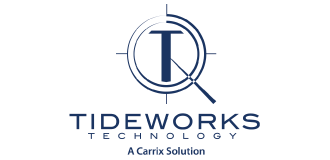
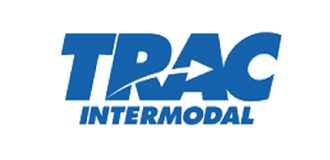
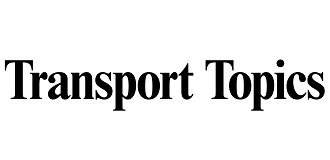
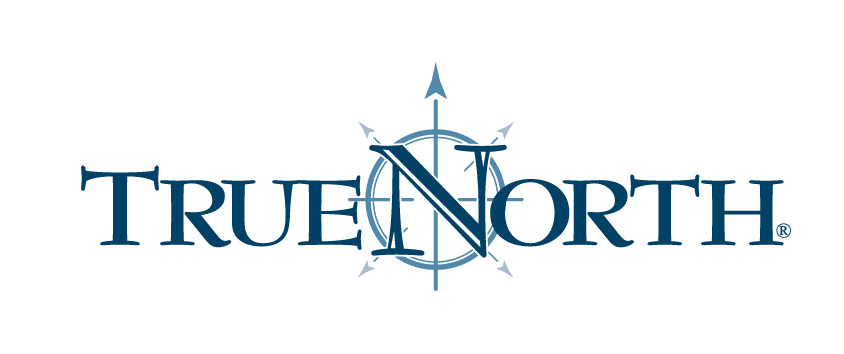

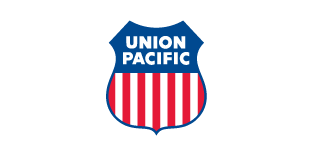
Comments